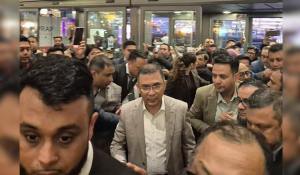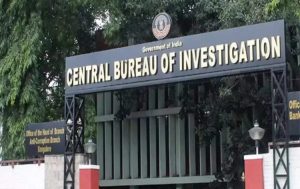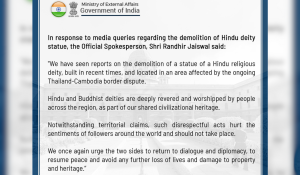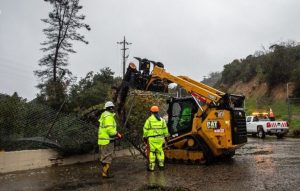In Bangladesh, the ongoing Quota Reform Movement became violent this afternoon. Clashes broke out when Police fired tear gas and sound grenades at protesting students of Dhaka University who brought out a coffin procession for six persons killed yesterday during the protest. Students and teachers of public and private universities have been staging protests demanding quota reforms in government jobs since 1st July. Six people were killed and scores were injured yesterday as students’ protests against the job quota across the country turned deadly amid alleged attacks by police and ruling party affiliated student organisations on protesters.
The University Grants Commission of Bangladesh last night said all public and private universities, its affiliated medical colleges and other institutions, will remain closed until further notice for the sake of students’ safety. Meanwhile, the Education Ministry has also announced the closure of all secondary and higher secondary educational institutions including polytechnic institutes until further notice.
In 2018, following nationwide protests against this quota system, a government circular cancelled the quota system for first- and second-class jobs. The protests started in response to a verdict by the High Court on 5th last month which declared the 2018 government circular cancelling the 30 percent quota for freedom fighters’ descendants in government jobs, illegal.
Meanwhile, the United Nations has urged the Bangladesh government to protect the protesting students demanding quota reforms in government jobs against any form of threat or violence.
Stéphane Dujarric, spokesman for the secretary-general, yesterday, briefing in New York said that the UN was very much aware of the situation, which they were following closely and with concern.
The Border Guard Bangladesh (BGB) personnel have been deployed in Dhaka, Gazipur, Chattogram, Bogura, Rangpur and Rajshahi to maintain law and order situation amid the ongoing quota reform movement across the country.
After the independence of Bangladesh, 30 percent of the jobs were reserved for freedom fighters. In 1997, the government extended the quota to children of freedom fighters. In 2010, it was further expanded to include the grandchildren of freedom fighters.







